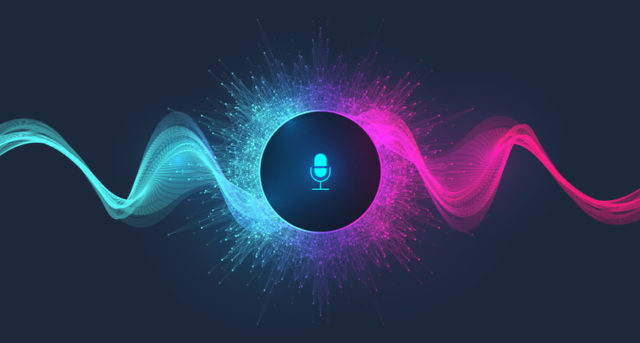
There’s nothing more personal than one’s health and wellbeing. While receiving care, patients often face extreme challenges. They rightfully expect personalization, but despite the countless amounts of data, research, and scientific discoveries that have dramatically improved the quality of care, patients often leave healthcare facilities feeling like a number.
According to McKinsey, patients expect the same digital experiences they have grown accustomed to in retail, insurance, and banking. Those sectors long ago adopted innovations and processes that allow them to use technology to enhance the experience and put the customer first. Patients who have grown used to such benefits now demand a similar engagement from their healthcare providers and payers.
Patients expect to be at the center of their care. They want their providers and payers to use omnichannel methods to reach them. They are demanding transparency in decision-making and the ability to manage administrative actions and finances independently. They expect interactions to be frictionless across their preferred methods of communication, regardless of the industry. Patients demand quick and efficient service without repeating or resharing information.
Labor shortages and Covid-19 surges continue to pressure providers and payers. They are having trouble meeting these demands with available staff and tools. But voice AI technology has the potential to help. It can drive the next wave of healthcare innovation by making each patient advocate or service representative smarter and nimbler to meet the healthcare consumer’s growing expectations, with the added benefit that AI technology is always on and unbiased.
Shifting customer expectations
When the first wave of Covid-19 taxed care facilities, patients became more tolerant. According to the latest Pega Healthcare Engagement Survey, which surveyed more than 2,000 U.S. consumers and 200 healthcare industry leaders, 63% of patients said they would switch doctors due to poor communication and engagement (down 23% from the previous year). This year, however, personalized healthcare has become a higher priority.
Health experts know that better patient engagement can lead to better health outcomes. With attention, patients become active members of their care team. They regularly communicate throughout the process as they manage their health. They ultimately become better informed and more involved in their treatment options and care decisions.
Because each patient has varying levels of both health literacy and willingness to participate in the care process, engagement can be a challenge. However, AI-driven service and care solutions can remove barriers and bias, personalize interactions, improve health access and equity, and automate access to knowledge and insight. Benefits such as these can free service agents to serve and focus on the patient experience instead of processes.
Conversational AI solutions operate as copilots for the agent. The technology takes in keywords and phrases, interprets them, and then recommends steps to resolution and additionally eliminates tedious manual processes, such as error-prone data entry or data searches. They also analyze intent to guide caregivers (and agents) in the most efficient and empathetic service possible.
With voice AI capturing data and guiding the conversation, agents can mitigate distracting back-end tasks and better focus on listening and delivering quality services. In addition, care providers are armed with the tools and resources to better answer questions rapidly and accurately in real-time, from human to human.
Putting the “care” back into healthcare
In the past, AI has often been thought of as cold and impersonal, but over time, AI capabilities have become usable in a more intuitive and empathetic way. With continuous advancements and powerful algorithms, AI can interpret the unique circumstances and patient preferences that play a critical role in care delivery and service.
AI has the power to be used to minimize care gaps, improve early prevention, and give patients the best chance of getting the right treatments quickly while avoiding complications. The technology can predict and coordinate with patients to proactively set up appointments on a regular cadence through their preferred communication channels. It can also adapt over time. For example, if a patient doesn’t reply to an email but answers text messages, AI will learn these preferences and automatically update them. It can also continually configure messaging, incorporating empathetic language for the appropriate situation. Imagine a patient is in an area with forest fires; the agent can be prompted to ask how the person is doing and if they are safe before continuing the call, thereby personalizing the customer’s experience.
The intersection of human connection and technology through voice AI holds the power to revolutionize how patients interact with their healthcare providers and payers. As a result, healthcare organizations across the value chain that prioritize high-quality personalized service and care will improve both business and health outcomes and will be better positioned to retain and increase their patient populations, even as the pandemic persists and beyond. We need personalization, and a fundamental way forward is with voice AI technology.
Photo: berya113, Getty Images







